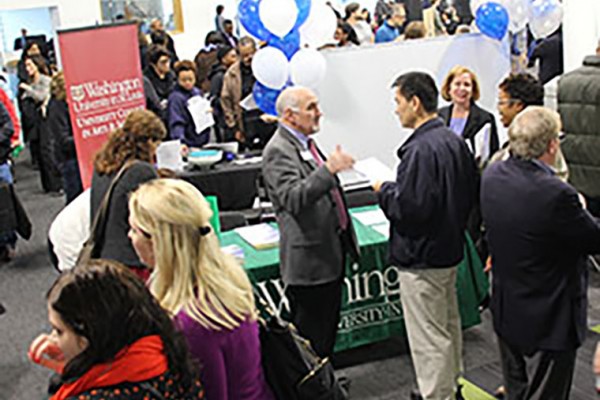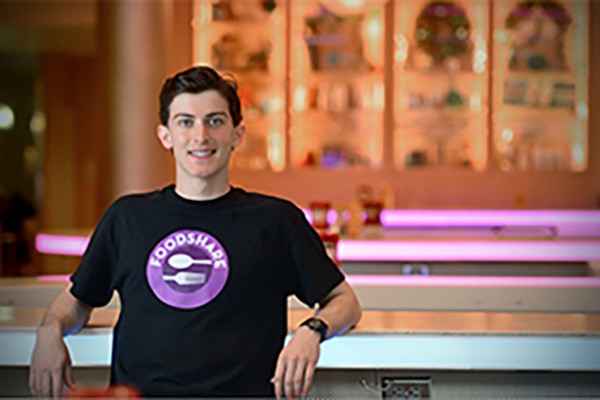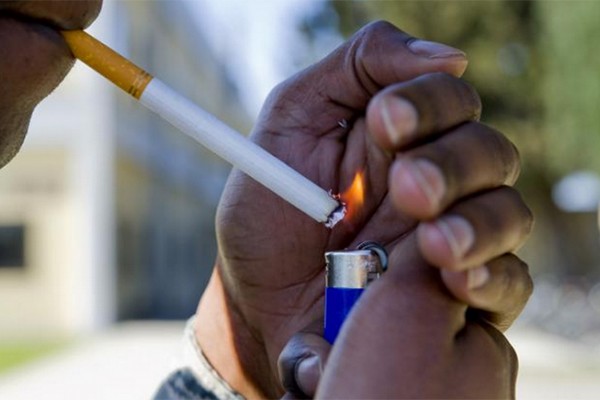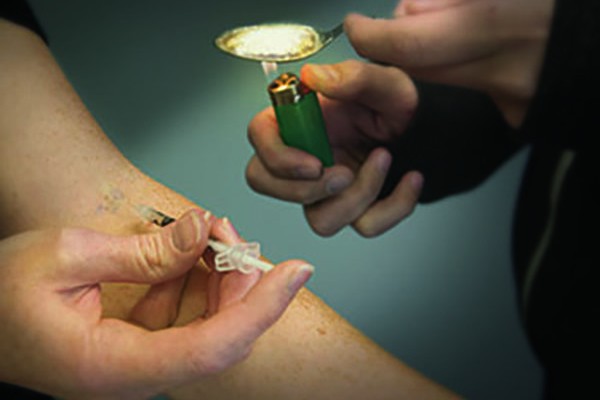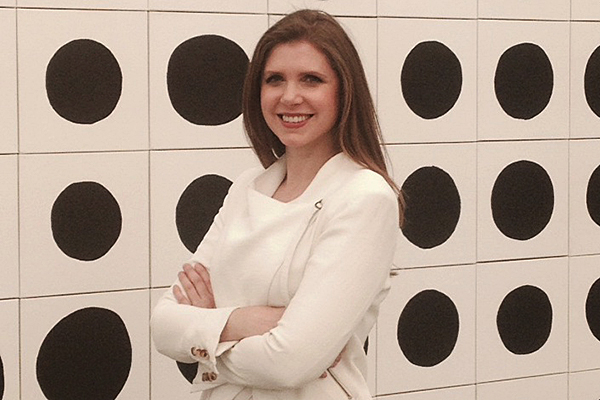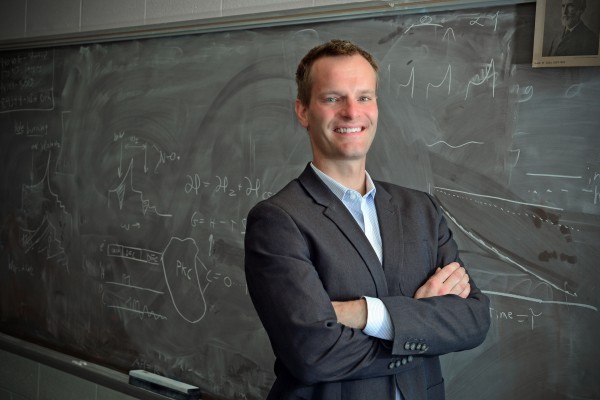Washington University celebrates annual Founders Day
On Saturday, Nov. 7, alumni and friends of Washington University in St. Louis will join the campus community for Founders Day, the annual commemoration of the university’s 1853 founding. Highlighting this year’s celebration at the St. Louis Union Station Hotel is noted writer and biographer Walter Isaacson. The event also will honor the recipients of the university’s Distinguished Alumni Awards and Distinguished Faculty Awards. In addition, three individuals will receive the Robert S. Brookings Award.
Washington University partners with LaunchCode
University College in Arts & Sciences and the School of Engineering & Applied Science at Washington University in St. Louis are partnering with LaunchCode to offer a free 16-week basic coding class, called CS50x St. Louis, beginning Jan. 19, 2016.
New FoodShare app helps fight hunger, is fun for foodies
FoodShare is a new app that allows users to donate a meal for every meal purchased at a participating restaurant. Developed by Washington University junior Andrew Glantz, the app is a finalist for the Mobileys, a nationwide competition that honors entrepreneurs who make a difference through mobile innovation.
Master gene orchestrates regeneration of damaged peripheral nerves
School of Medicine scientists have identified a master gene involved in orchestrating the regrowth of peripheral nerves — the nerves that extend from the spinal column to the hands and feet and have the ability to regenerate and help people regain some movement and sensation. Understanding how these nerves regenerate may aid efforts to regrow spinal cord neurons.
Trial to study if smoking-cessation therapy can be tailored to smokers’ DNA
A School of Medicine study may aid efforts to tailor smoking-cessation treatments to individual cigarette smokers. Researchers are recruiting 720 smokers whose DNA samples, from saliva, will be analyzed to identify genetic variations that influence smoking behavior, lung cancer risk and the effectiveness of smoking-cessation treatments.
Martin’s book cited for excellence in recorded sound research
A book by Lerone Martin, PhD, assistant professor of religion and politics in the Danforth Center on Religion and Politics, has won a Certificate of Merit in the 2015 Association for Recorded Sound Collections Award for Excellence in Historical Recorded Sound Research in Blues, Gospel or R&B.
On the rise: Painkiller abusers who also use heroin
Drug abusers are not completely abandoning prescription opioids for heroin, according to School of Medicine researchers. Instead, many use the two concurrently based on their availability. The researchers’ findings also reveal regional variations in the use of heroin and prescription painkillers.
Morrow-Howell named president of Gerontological Society of America
Nancy Morrow-Howell, PhD, the Bettie Bofinger Brown Distinguished Professor of
Social Policy at the Brown School and director of the Harvey A.
Friedman Center for Aging in the Institute for Public Health at Washington University in St. Louis,
is the new president of the Gerontological Society of America,
the nation’s largest multidisciplinary organization devoted to the field
of aging.
Unruh joins Kemper Art Museum
Allison Unruh, a specialist in modern and contemporary art, has been appointed associate curator of the Mildred Lane Kemper Art Museum.
‘If this works, structural biology will never be the same’
Washington University’s Alexander Barnes, a chemist, physicist, electrical engineer and molecular biologist rolled into one, just received a $2.3 million grant from the National Institutes of Health to develop a nuclear magnetic resonance spectrometer that can determine the structure of molecules very quickly and at room temperature. His first target is a drug called bryostatin that may flush out HIV hidden in the chromosomes of our own cells.
View More Stories

